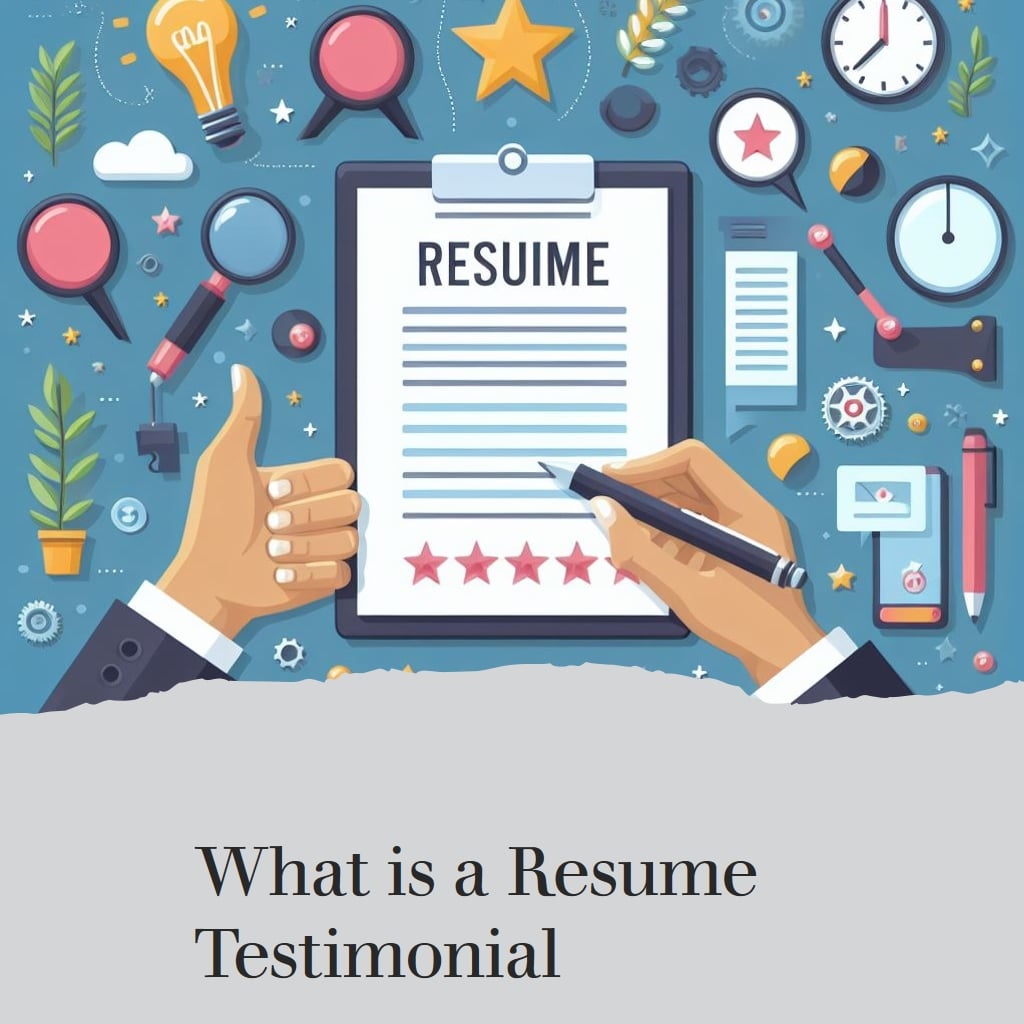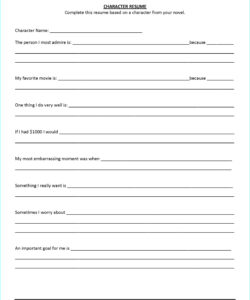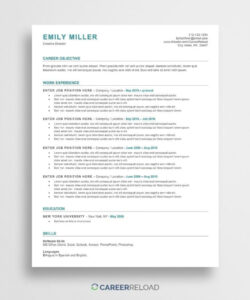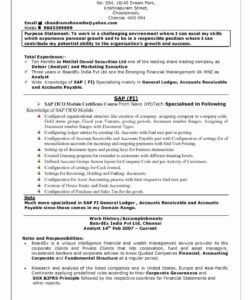When it comes to job hunting, a resume is one of the most important documents you can have. It’s your chance to showcase your skills, experience, and achievements to potential employers. But what is a resume testimonial, and how can it help you stand out from the crowd?
A resume testimonial is a statement from someone who has worked with you in the past, such as a former boss or colleague. It’s a way for them to vouch for your skills and abilities, and to provide additional context about your work history. A well-written testimonial can help you make a great first impression on potential employers, and can give you an edge over other candidates.
Why are Resume Testimonials Important?
Resume testimonials are important for several reasons. First, they provide additional context about your work history that you might not be able to include on your resume. For example, a testimonial might highlight a specific project you worked on, or a particular skill you possess that’s relevant to the job you’re applying for.

Second, testimonials can help you stand out from other candidates. Employers receive dozens, if not hundreds, of resumes for each job opening. A well-written testimonial can help you catch their attention and make a great first impression.
Finally, testimonials can help you build your professional network. By reaching out to former colleagues and asking for testimonials, you’re building relationships that could be valuable in the future. You never know when you might need a reference or a recommendation, and having a strong network of professional contacts can be incredibly helpful.
How to Get Resume Testimonials
Getting resume testimonials is easier than you might think. Start by reaching out to former colleagues, bosses, or clients. Explain that you’re updating your resume and would appreciate a testimonial. Be sure to provide them with some guidance on what you’re looking for, such as specific skills or projects you’d like them to highlight.
Once you’ve received a testimonial, be sure to thank the person who provided it. You might also consider offering to write a testimonial for them in return, if appropriate.
FAQ
What should I include in a resume testimonial?
A good resume testimonial should highlight your skills, experience, and achievements. It should be specific and provide concrete examples of your work.
Who should I ask for a resume testimonial?
You should ask people who have worked with you in the past, such as former colleagues or bosses. Ideally, you should choose people who can speak to your skills and abilities in a specific area that’s relevant to the job you’re applying for.
How many testimonials should I include on my resume?
There’s no hard and fast rule about how many testimonials to include on your resume. Generally, you should include 2-3 testimonials that are relevant to the job you’re applying for. Be sure to choose testimonials that highlight different skills or aspects of your work history.
Can I use a resume testimonial from a family member or friend?
No. Resume testimonials should come from professional contacts, such as former colleagues or bosses. They should be able to speak to your skills and abilities in a work-related context.
How should I format a resume testimonial?
A resume testimonial should be formatted as a block quote, with the name of the person providing the testimonial and their job title or relationship to you. For example:
“[Testimonial text]”
– [Name], [Job Title/Relationship]
Be sure to include the person’s contact information (such as their email address or phone number) so that potential employers can verify the testimonial if necessary.
That’s all for now. I hope this helps you write a great article! Let me know if you have any other questions.


